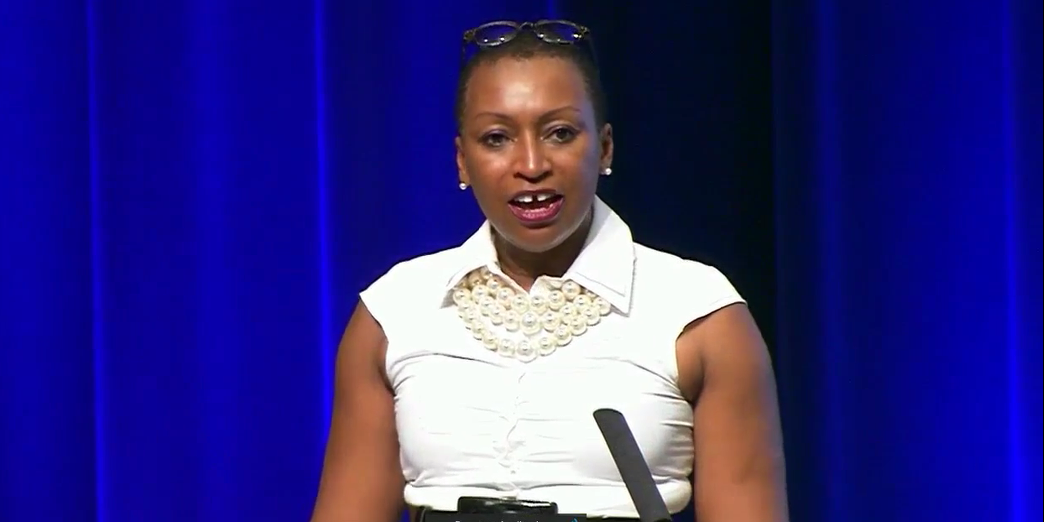Thank you Jamie. And thank you and your team for organizing this important event.
Ladies and gentlemen, it is my pleasure to welcome you all. This is now the fourth colloquium we are hosting at the World Bank on suspension and debarment – my first since joining the World Bank Group as its General Counsel. It is wonderful to see such a great turnout today. I think it reflects the popularity and importance of suspension and debarment as a growing field of study among legal practitioners, development professionals, business people, government officials, and others.
Suspension and debarment is a topic that has been of great interest to the World Bank for many years. We’ve seen that suspension and debarment can serve many purposes, from promoting effective procurement – ensuring that we get value for money, with integrity – to addressing fraud and corruption in our development efforts.
For its part, the World Bank has recognized the deleterious effects that fraud and corruption can have on development. It goes without saying that misconduct has a terrible impact on local communities when it diverts money from priorities like health and education, hurting those who need assistance the most.
As I’m sure you know, this is why the World Bank has its own system for suspending and debarring companies and individuals that have engaged in misconduct on our projects. This sanctions system is a quasi-judicial administrative process comprised of independent units that investigate and adjudicate allegations of misconduct.
I’d like to take a minute to focus on that term – independence – because in my view, this is one of the aspects that is most critical to the successful operation of any sanctions system. What do I mean by “independence”? In the context of the World Bank’s sanctions system, it means that claims of misconduct are evaluated objectively and without regard to internal or external pressures. The system’s actors – from the investigators in the Integrity Vice Presidency to Jamie’s team in the Office of Suspension and Debarment to the members of the Sanctions Board – are not influenced by outside parties looking to ease the pressure on specific contractors. Nor can anyone inside the Bank direct the decision-makers on how to decide the merits of individual cases one way or the other. Allegations are reviewed on the basis of the evidence presented, and nothing more.
Maintaining an objective and independent sanctions system also ensures that contractors accused of misconduct are provided with adequate due process. To that end, respondents in the Bank’s sanctions system are notified of the basis for the accusations against them and given an opportunity to respond. The system’s decision-makers review any responses they receive carefully and objectively before deciding to take the very serious step of publicly sanctioning a contractor for misconduct. Given that a public debarment may often involve collateral consequences, it is essential that we maintain fairness in the debarment process.
Of course, these are only a few of the many topics that will be discussed today, and for my part, I’m looking forward to learning more about how other suspension and debarment systems operate. This brings us back to the importance of today’s event, and why I think it is so interesting and timely. Suspension and debarment is a growing field, and this event is a major opportunity to share experiences and lessons learned with our colleagues and partners from around the world.
I would like to extend a generous thank you to our panelists for their participation in what I’m sure will be a very rich discussion. We are privileged to have such a distinguished set of world-class experts and practitioners, including officials from national governments and our sister MDBs, distinguished scholars and academics, and private attorneys.
Today, I encourage you to take the opportunity to listen to the different views and perspectives of the panelists and your fellow attendees, to think about the issues, and to learn from one another.
Thank you again for coming! Without further ado, let’s begin.


